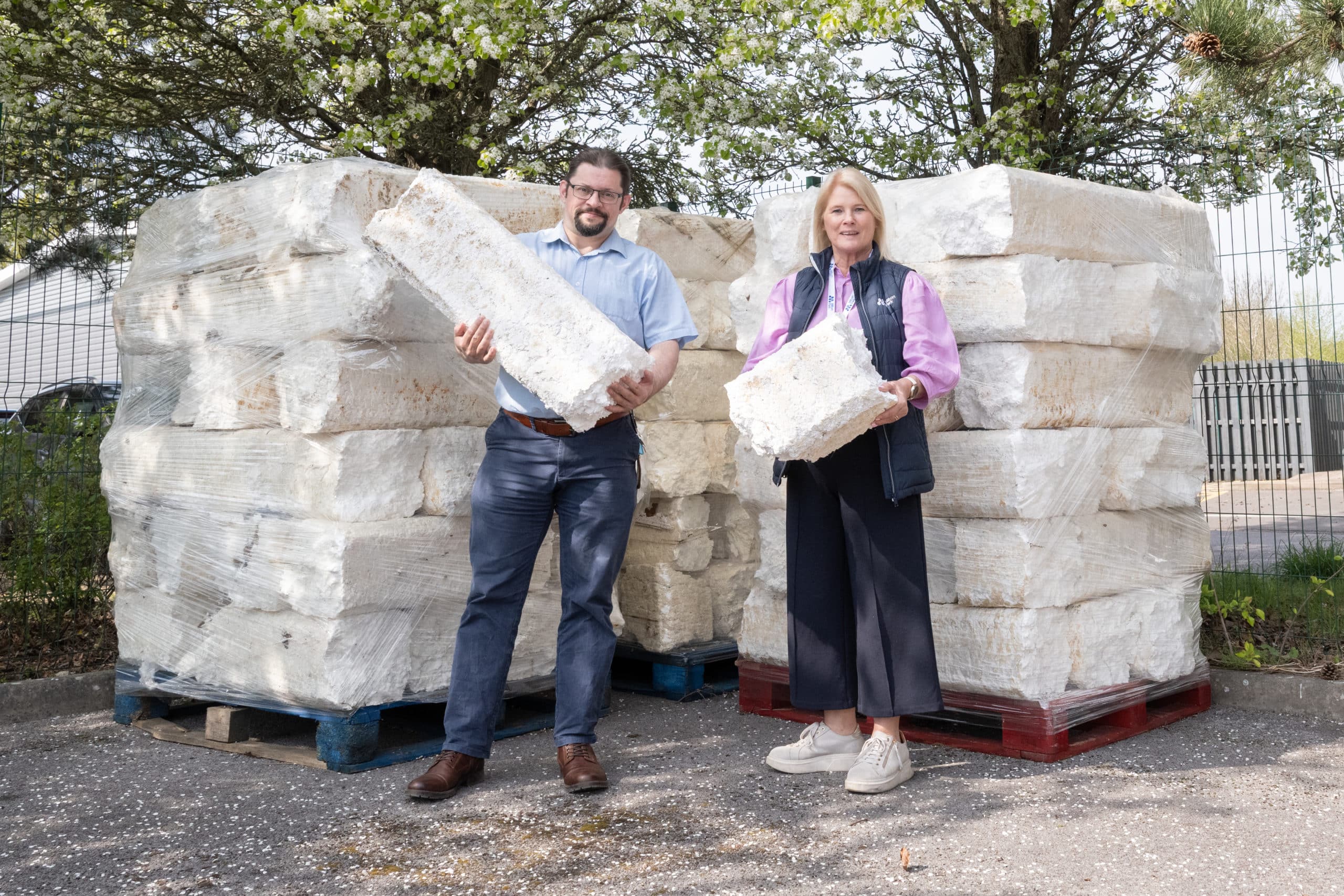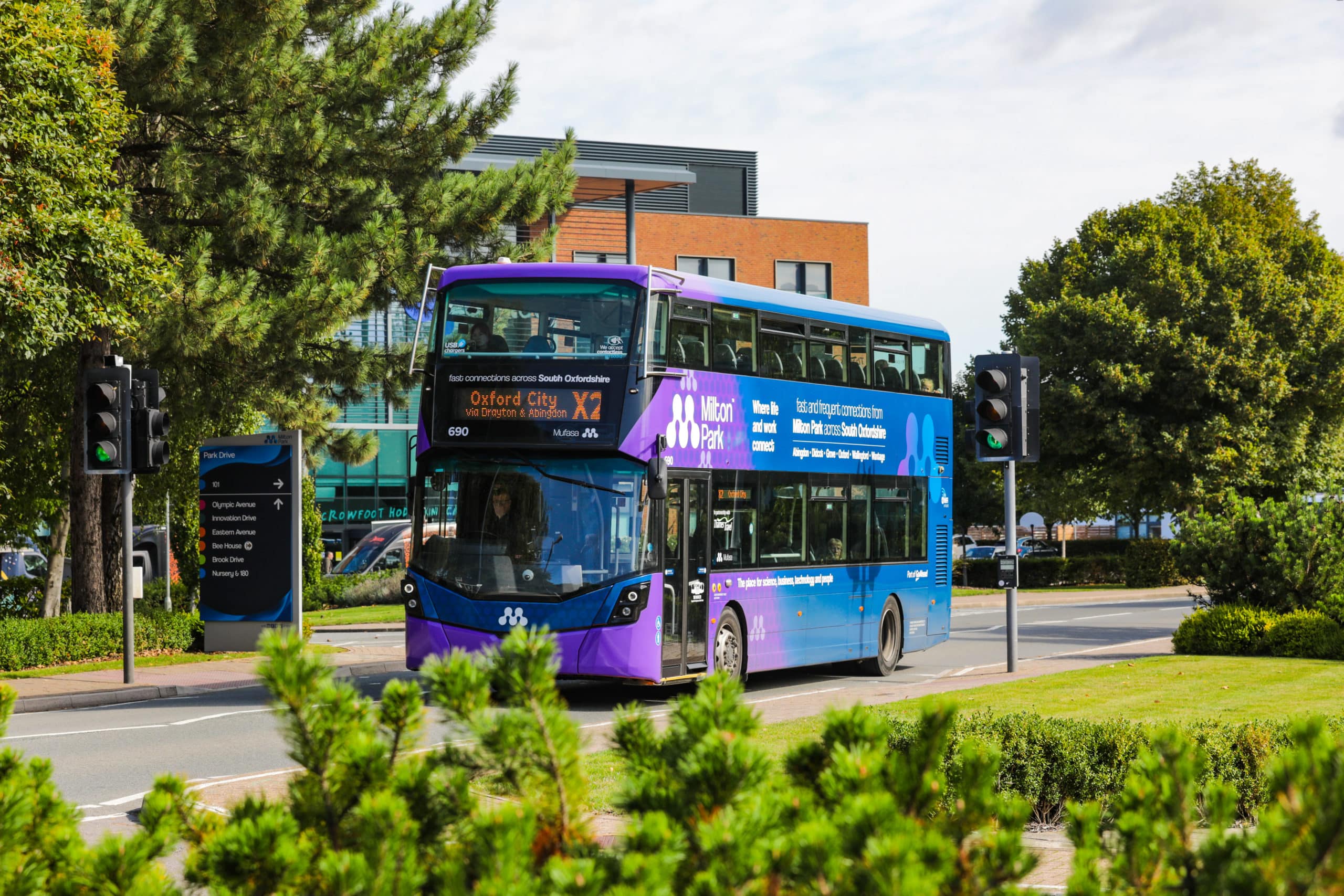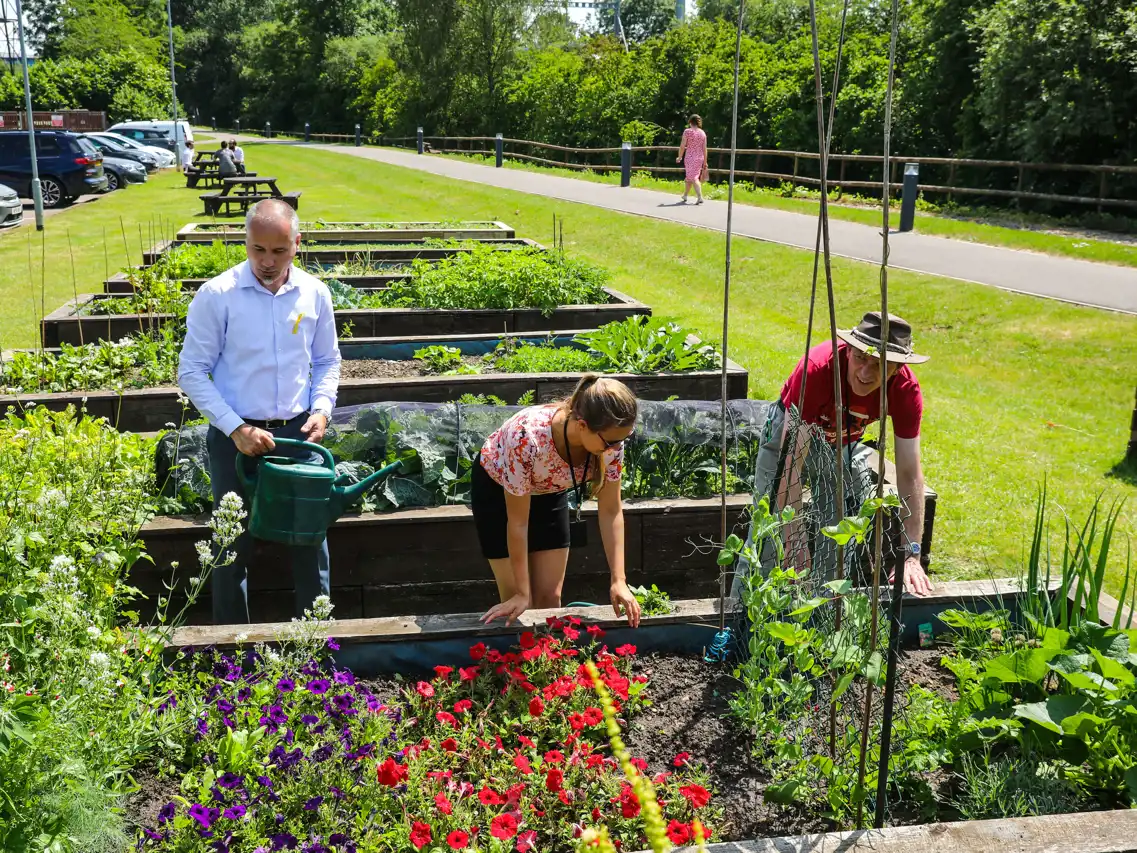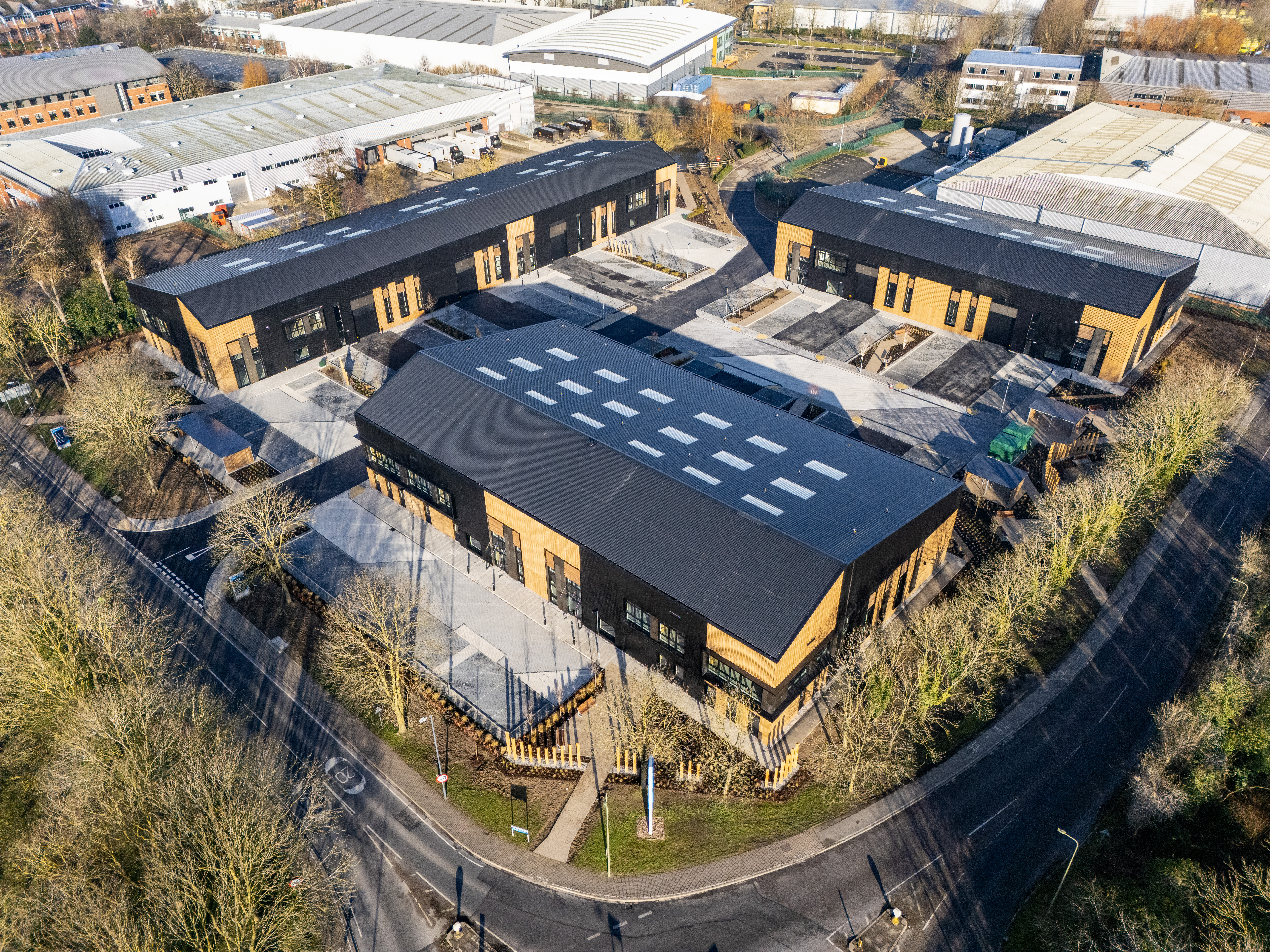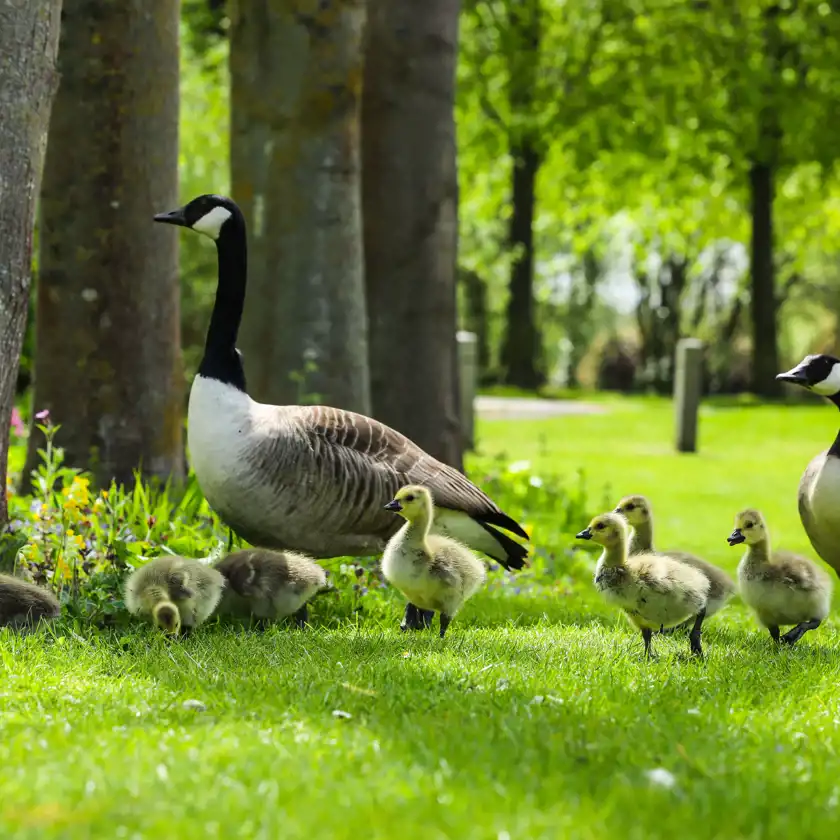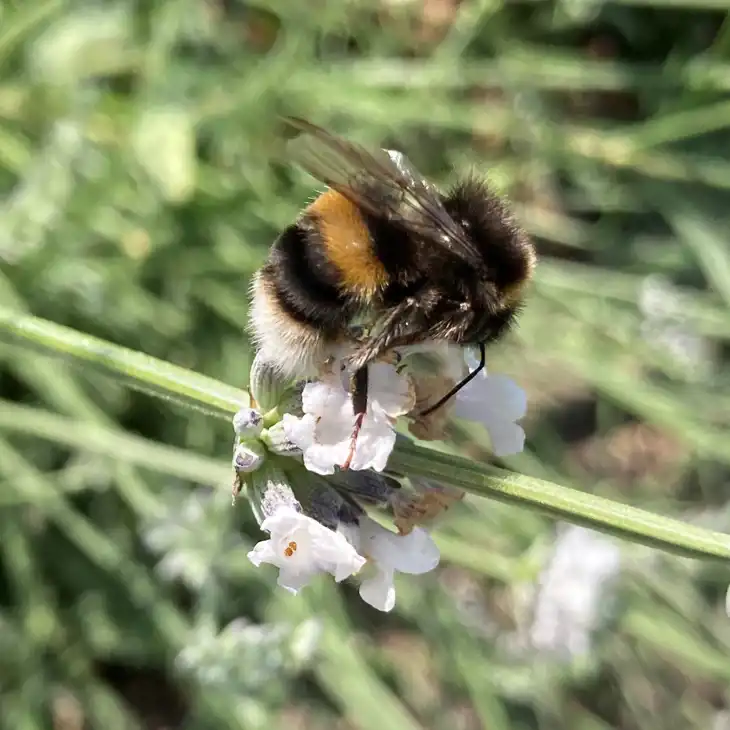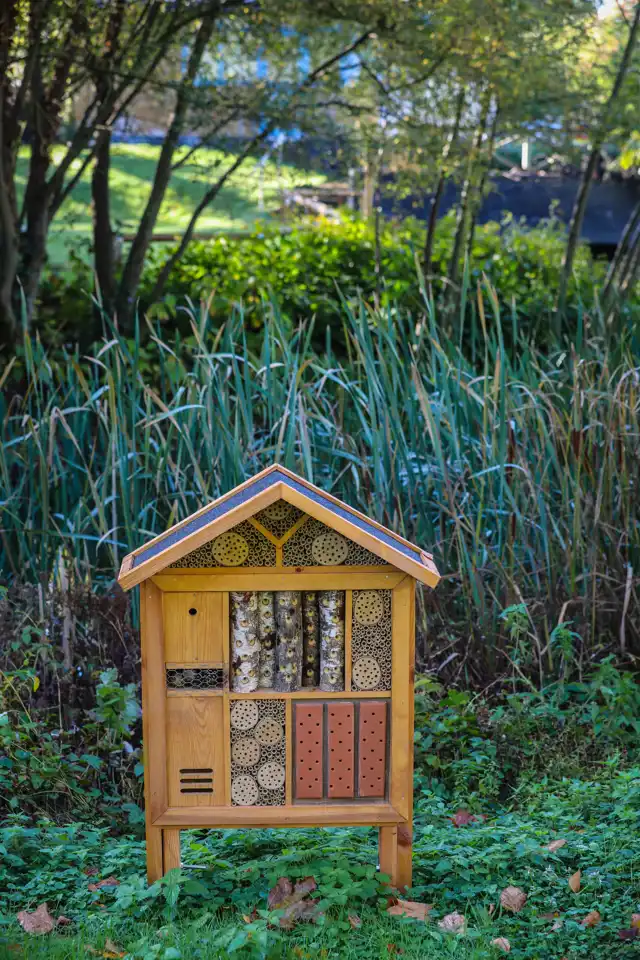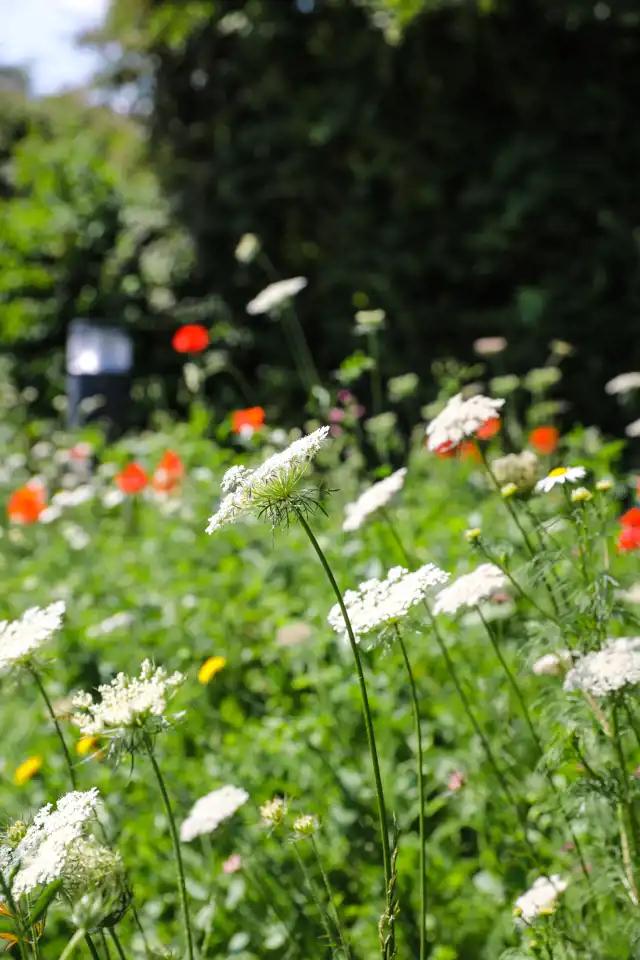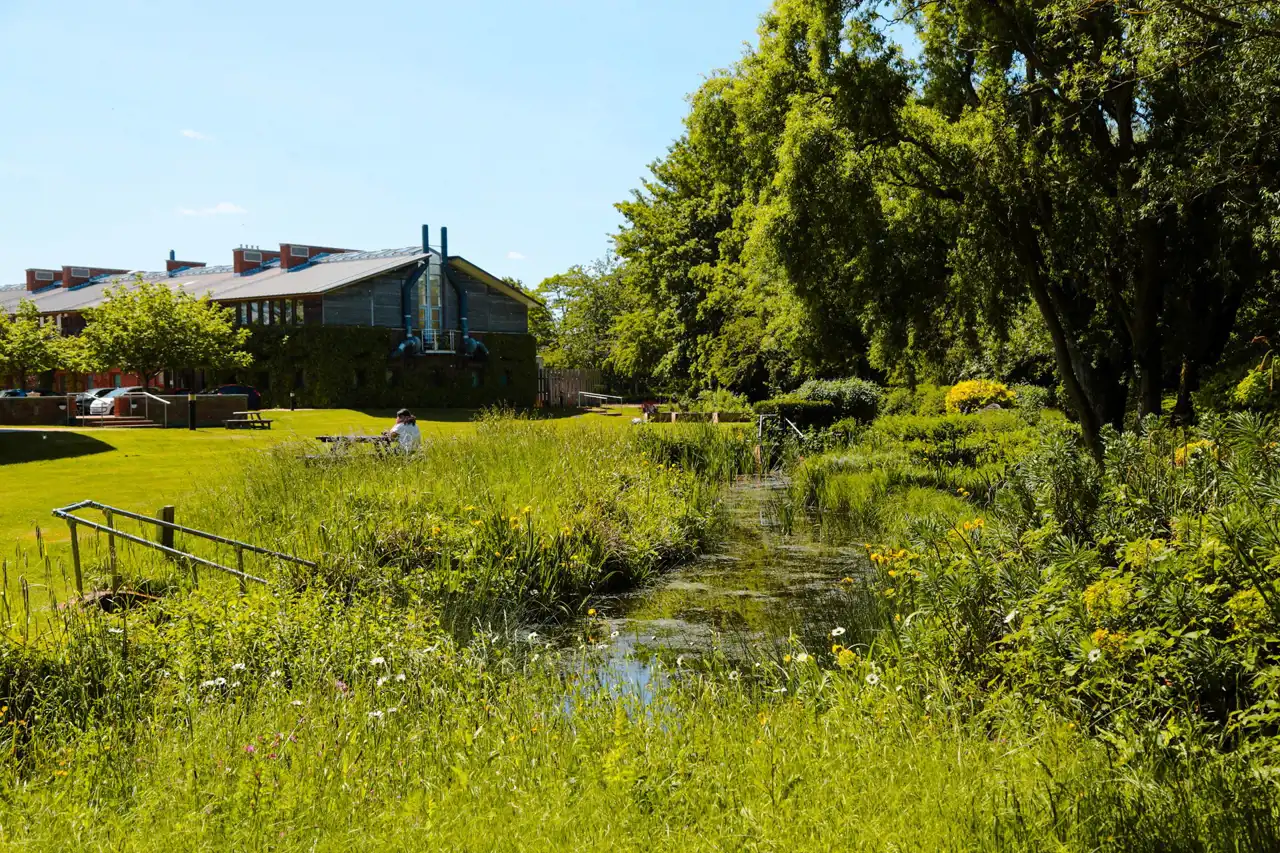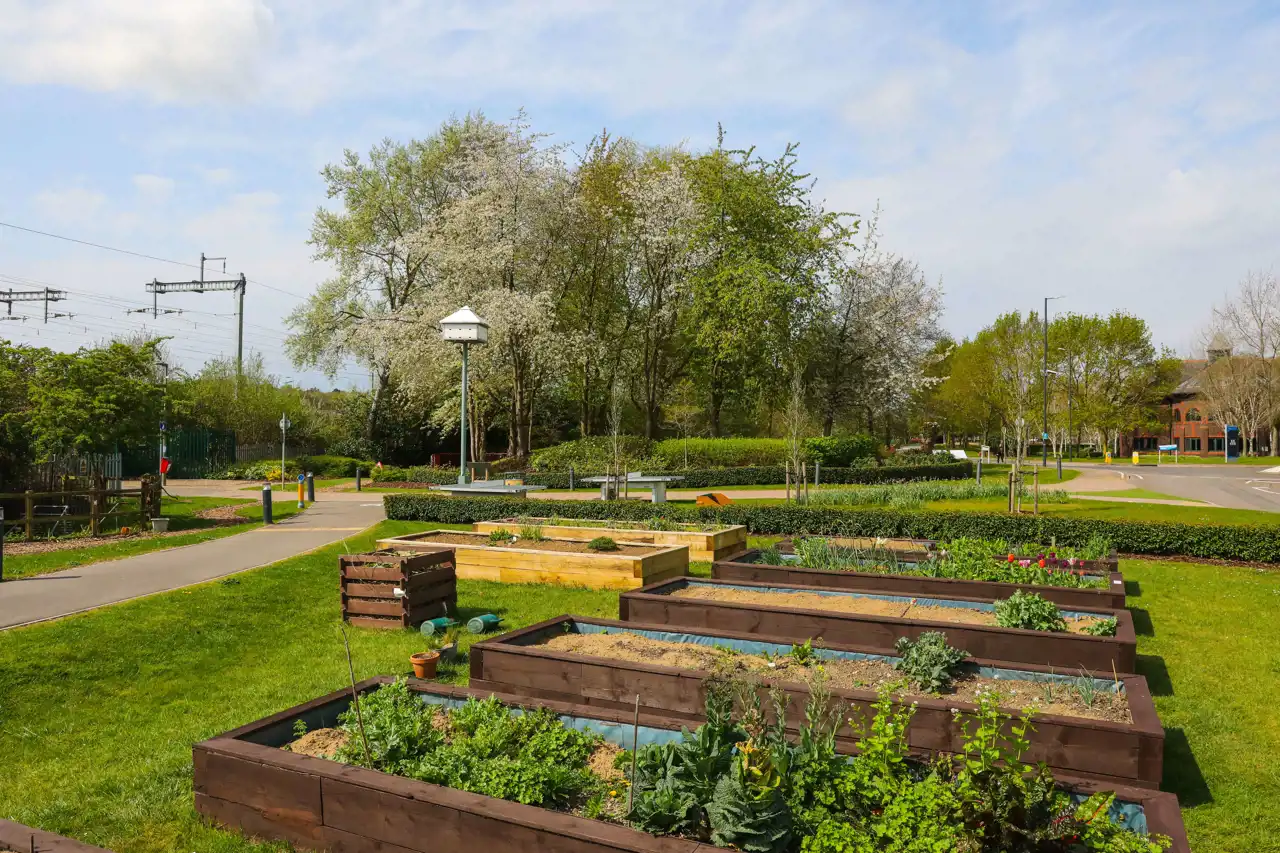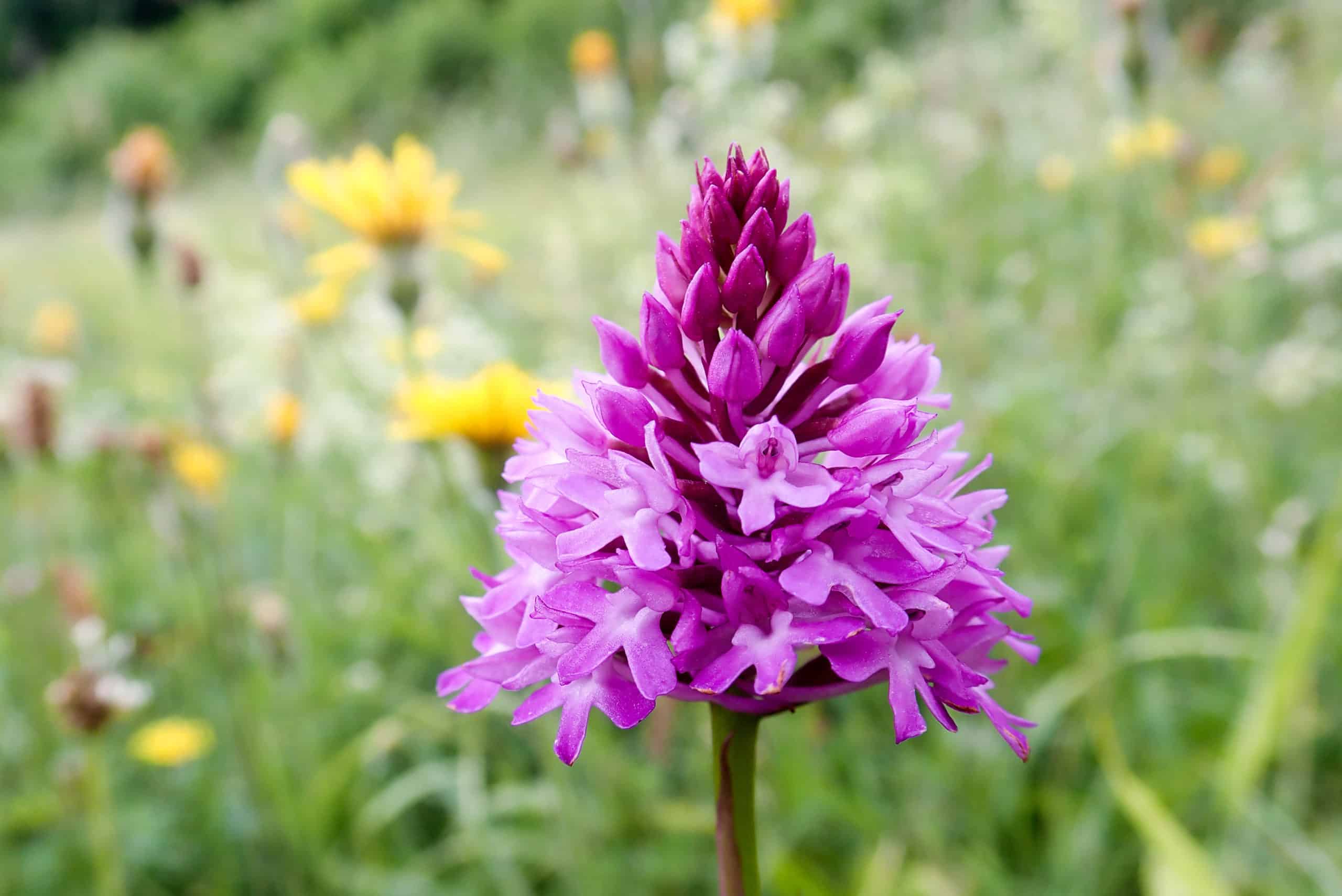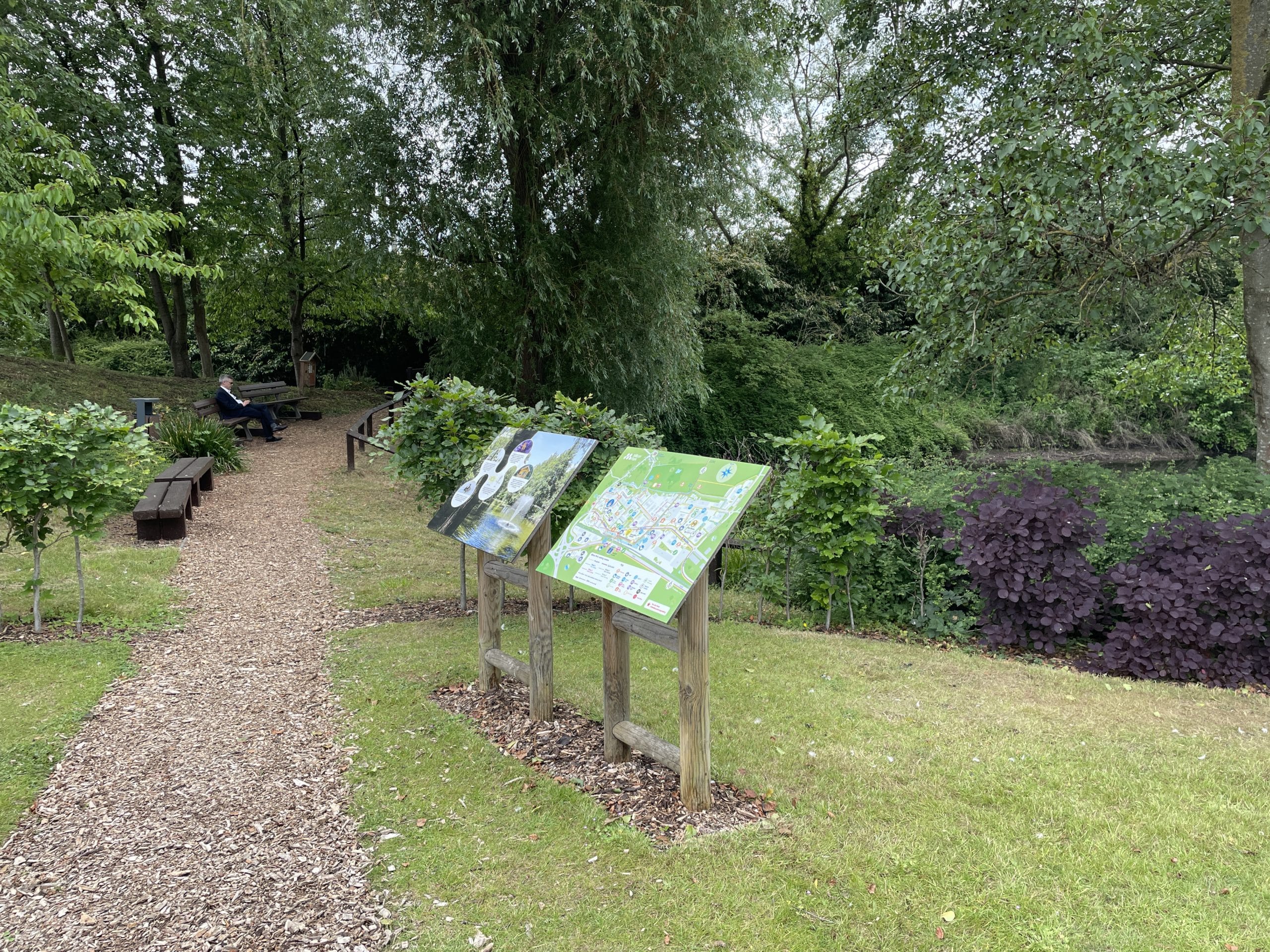Sustainability
At Milton Park, sustainability is at the heart of everything we do, striving to make a positive contribution to the environment in which we operate and address the climate emergency.
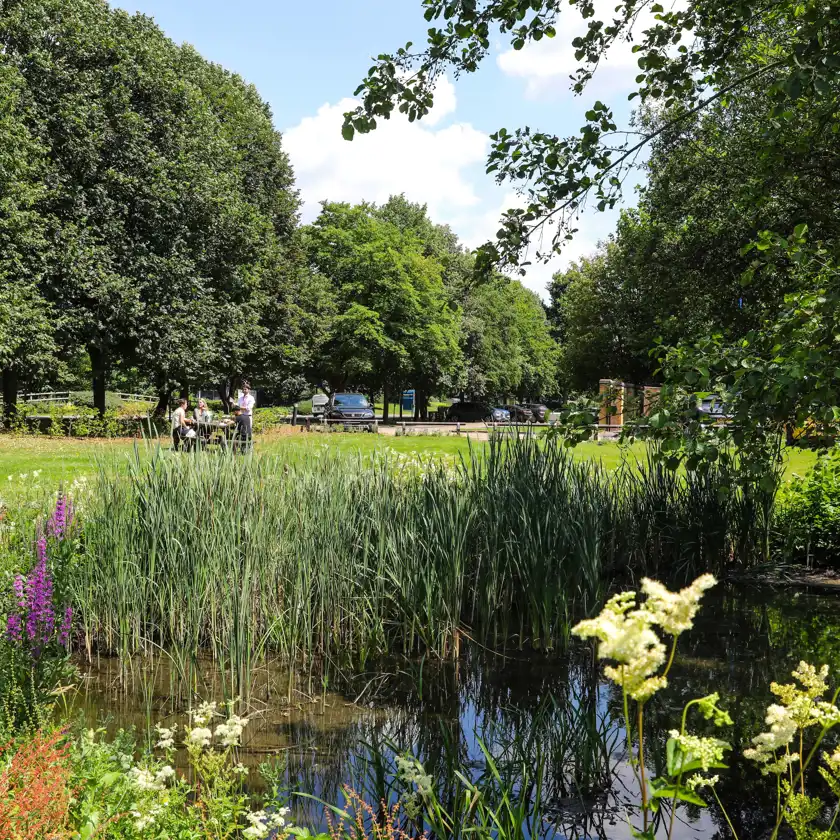
Biodiversity at Milton Park
Milton Park is home to several species of native and some rare orchids, including Lizard Orchids. Bee orchids can be found blooming in our grasslands. The bee orchid is one of the most beautiful and well known of the native orchids in Britain.
Legal protection
Many orchids, like all wildflowers, are protected under Section 13 of the Wildlife and Countryside Act (1981), which bans the unauthorised uprooting of wild plants. Since orchids can take up to six years to flower and may bloom only once, it’s crucial not to pick them.
While not all orchid species are rare, habitat loss from development and farming can isolate colonies like the bee orchid. At Milton Park, we carefully identify and protect areas where these plants grow.
There are over 2,700 trees at Milton Park, providing a variety of great nesting habitats for native bird species. In addition Milton Park has installed numerous bird boxes and swift towers, targeting various species of tit, nuthatches and owls.
Milton Park also provides nesting islands for ducks and moorhens and every year Milton Park’s lagoon banks are home to several families of Canada Geese.
Bats are the only true flying mammal and there are over 1,300 species in the world, and more are still being discovered.
We have around 22 bat boxes installed across Milton Park since 2022, positioned strategically to encourage bats to make the Park their home.
Milton Park is home to over 70,000 honeybees across six hives, managed by Nurture Landscapes. These trained beekeepers ensure the bees stay healthy and harvest their honey. Milton Park is also home to numerous native bee species, from ground nesting bees to those that populate the many bee hotels on site. To support pollinators, we’ve introduced wildflower meadows and biodiversity corridors throughout the Park.
In summer, we host ‘Meet the Bees’ workshops to explore how honey is made, the qualities of different types and how you can support pollinators in your own garden.
Located around Milton Park, you will find small wooden houses that have been created to provide shelter for insects and minibeasts. These bespoke structures allow pollinating bugs to nest, seek refuge and hibernate, particularly during winter.
Building a bug hotel for your garden or outdoor space is a nice activity to do and may also make use of garden waste, such as bricks, wooden boxes or pallets, dry leaves, twigs, dead grass, pine cones and bark.
Wildflower meadows provide vital habitats and food for bees, butterflies, and other pollinators, which in turn support birds, hedgehogs, and bats. Since the 1930s, the UK has lost over 97% of its wildflowers due to farming practices and urban growth. Thankfully, awareness is growing, and wildflower areas are making a comeback.
At Milton Park, we now have 6,100m² of wildflower meadows. These not only enhance the landscape but also support our bee colonies year-round with carefully timed blooms. As a result, we now maintain six thriving beehives.
There are eight lagoons on Milton Park that host a variety of wildlife such as Canadian Geese, mallards, herons and moorhens. You might even spot water voles, newts and frogs.
As part of our sustainability efforts, we’ve have around 20 raised urban gardens where occupiers can grow fruits, vegetables and herbs at work. Each bed is sponsored by a company, many of which have formed garden clubs—offering a great way to enjoy fresh air, connect with others, and support wellbeing.

